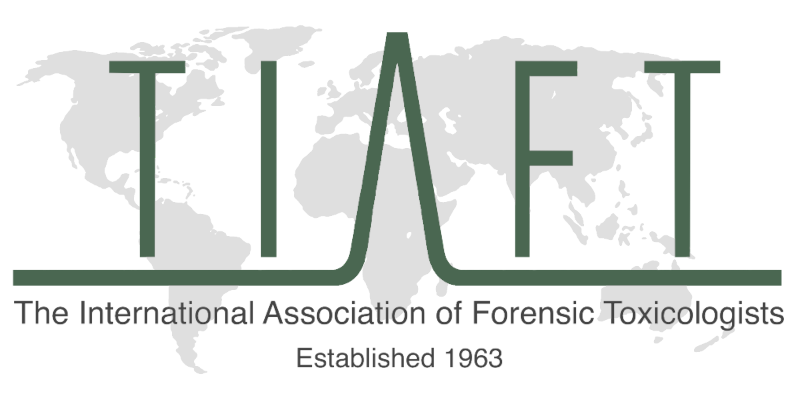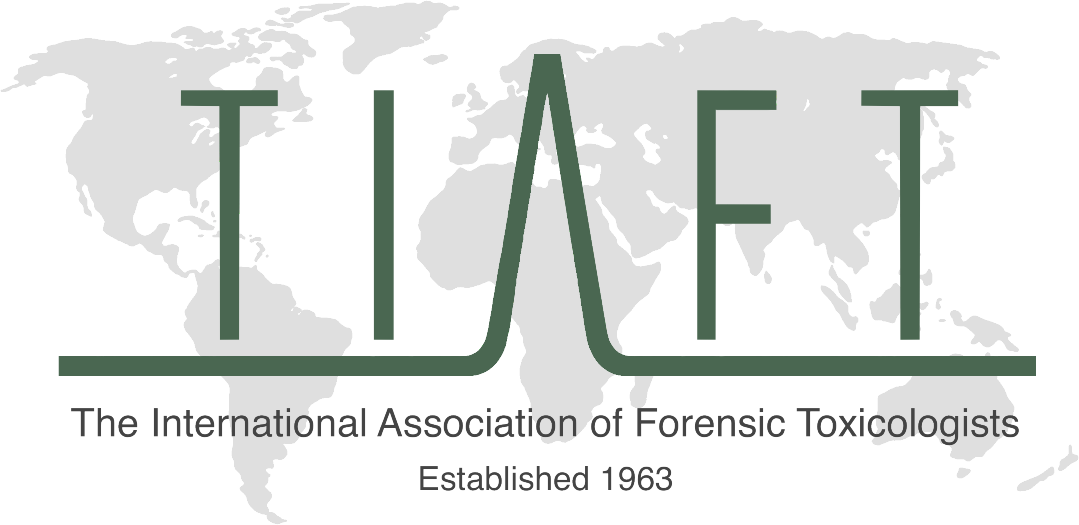"General unknown screening" - the analytical process that takes place when no prior information about possible toxic agents is available - is an ongoing challenge of forensic and clinical toxicology. This challenge has been addressed by a well-planned, systematic analytical approach - systematic toxicological analysis (STA). In the field of forensic toxicology, STA is the application of an appropriate analytical strategy for the identification of potentially toxic compounds and their metabolites in biological samples. The process of STA includes sampling, sample preparation (isolation), differentiation, detection, as well as identification. Due to the serious legal consequences of forensic cases, particular emphasis must be placed on the quality and reliability of analytical results.
Laboratory
Guidelines
Toxicological analysis involves the detection, identification and quantification of toxicologically relevant substances and the interpretation of the results. In order to obtain reliable results, standards of quality must be applied. The TIAFT laboratory guidelines are intended to serve as a basis on which adequate working practices and methodologies can be developed.
Sample Collection
Guidelines
These guidelines address the issue of sampling for forensic toxicological analyses by providing recommendations of specimen types, amounts that should be collected and submitted to laboratories expected to perform STA, and criteria for ensuring quality assurance in sample collection.
Sample Preparation
Guidelines
The following guidelines on sample preparation for the systematic toxicological analysis of biological specimens provide recommendations for sample pre-treatment and sample extraction. Due to the large number of toxicologically relevant compounds in STA, there is no one particular standard procedure for a comprehensive sample preparation.
STA's Literature
& References
Furter readings on STA-strategy and analytical approach, sample type and specimen collection, sample extraction and clean-up for STA, volatiles, derivatization, library search and databases.
PLEASE NOTE: the TIAFT board has decided to discontinue the Systematic Toxicological Analysis & Guidelines Committee on May 2014.


